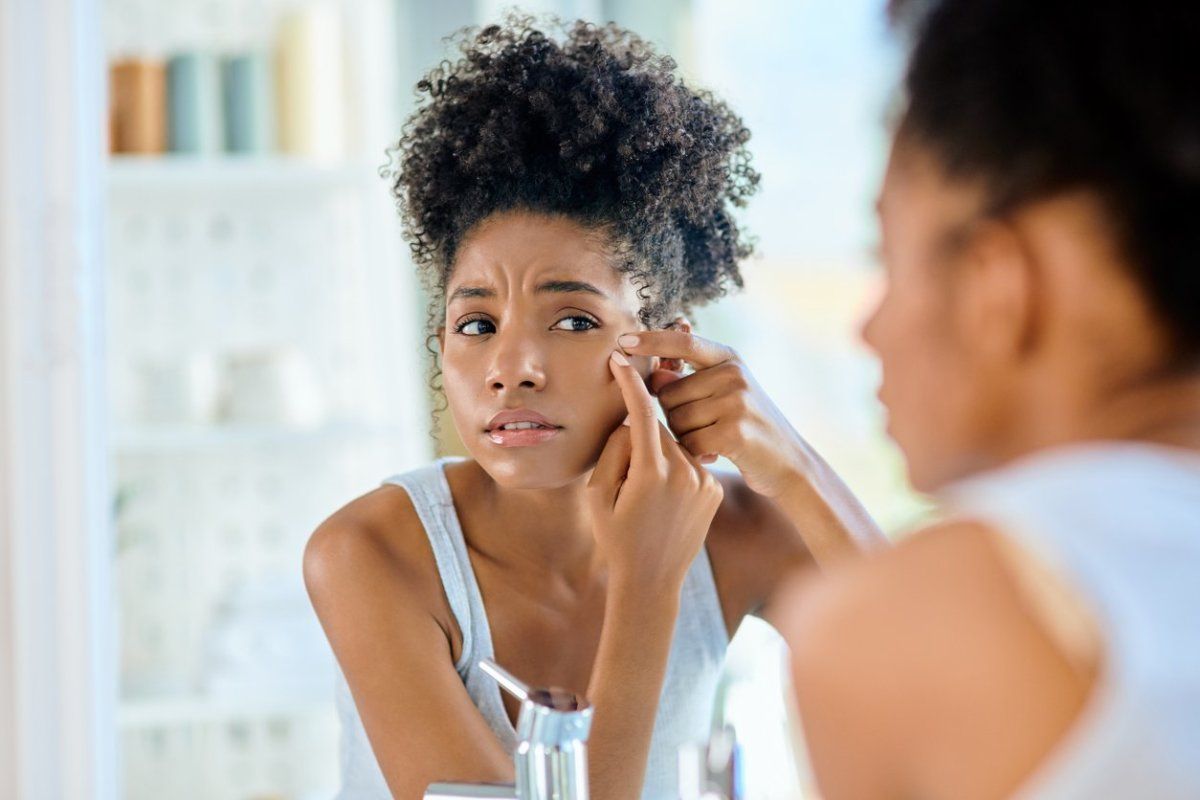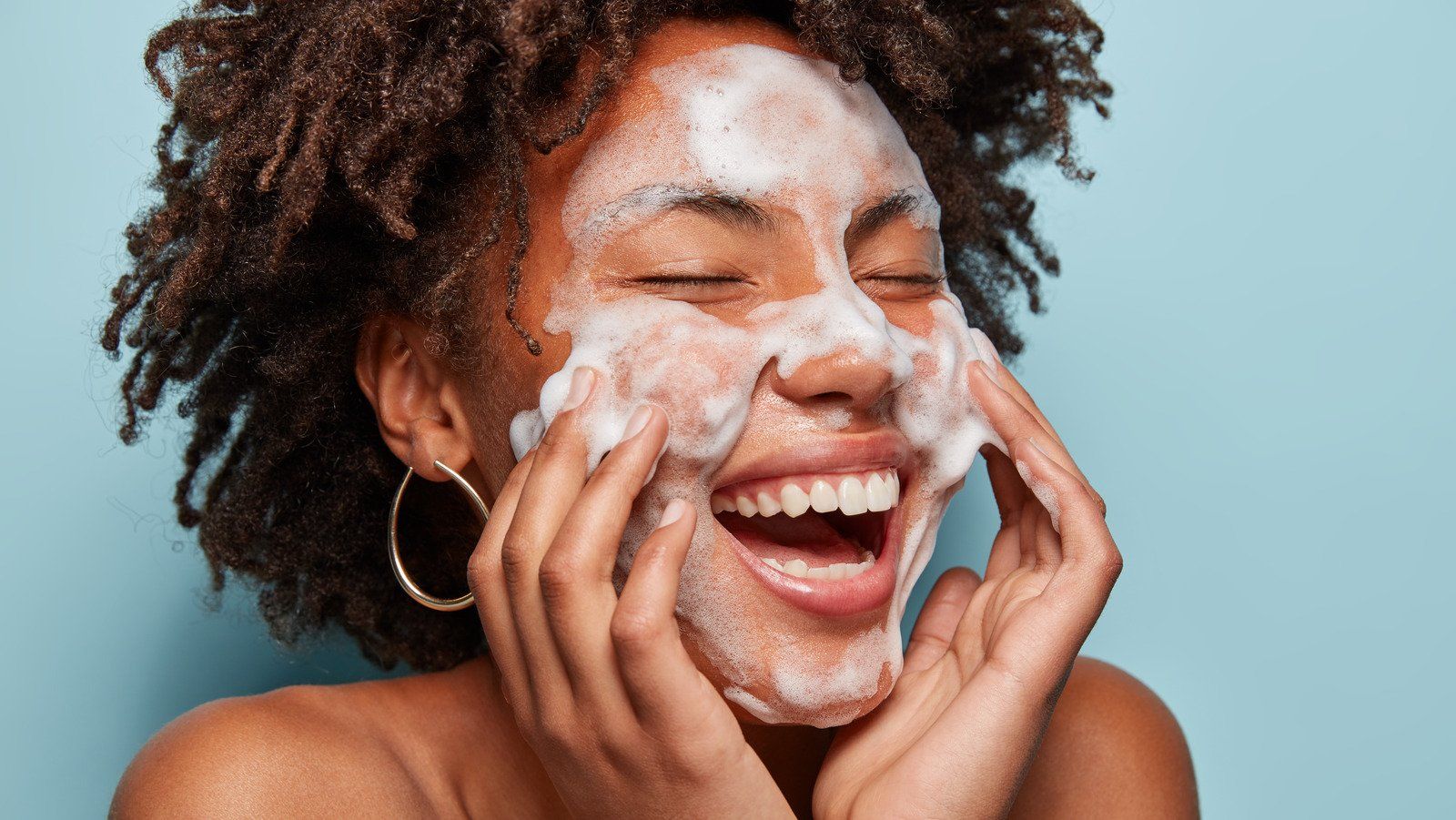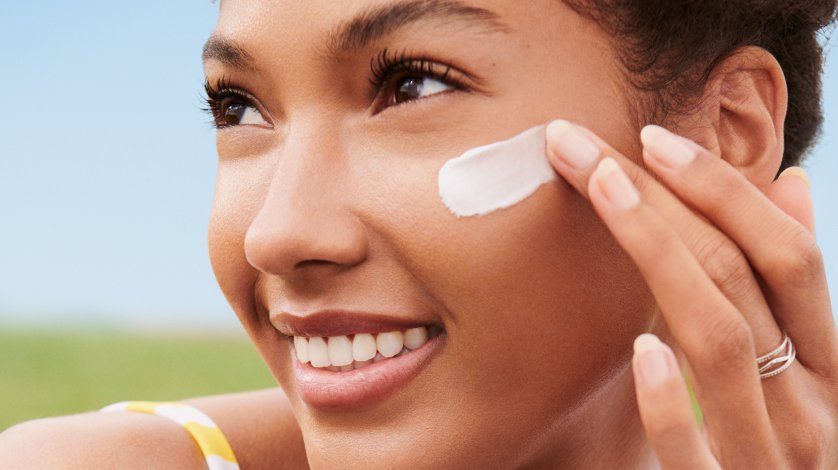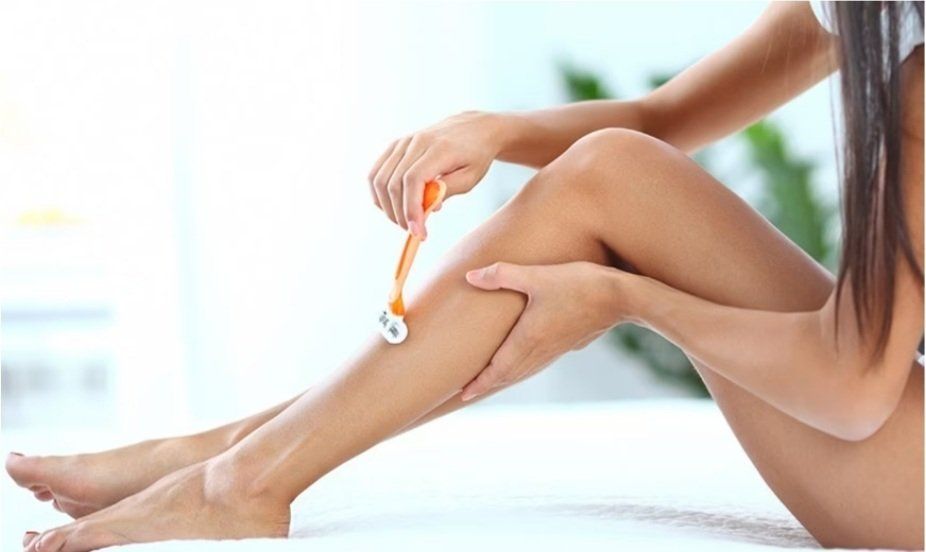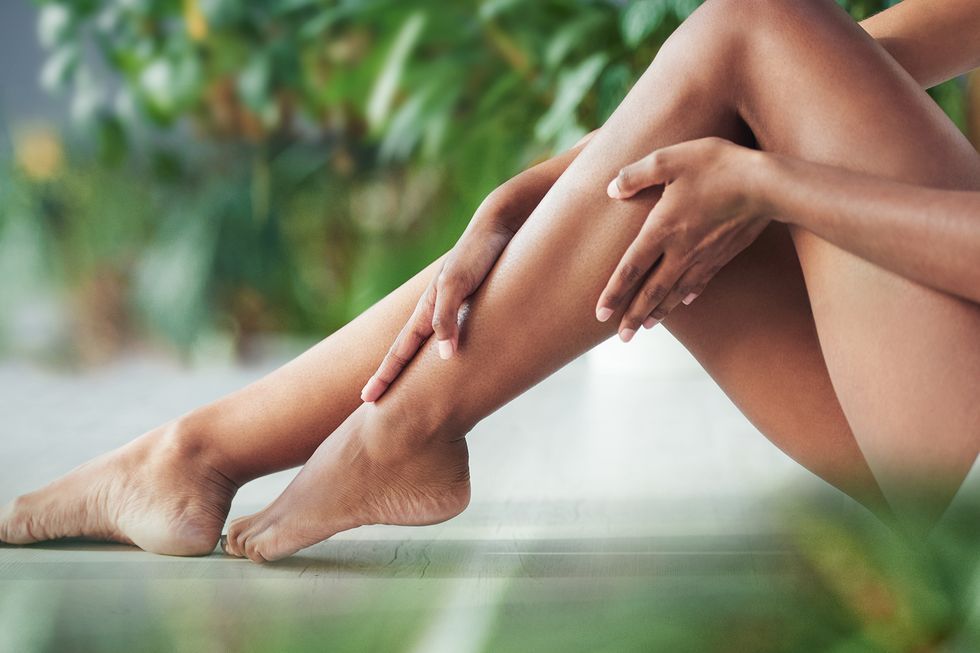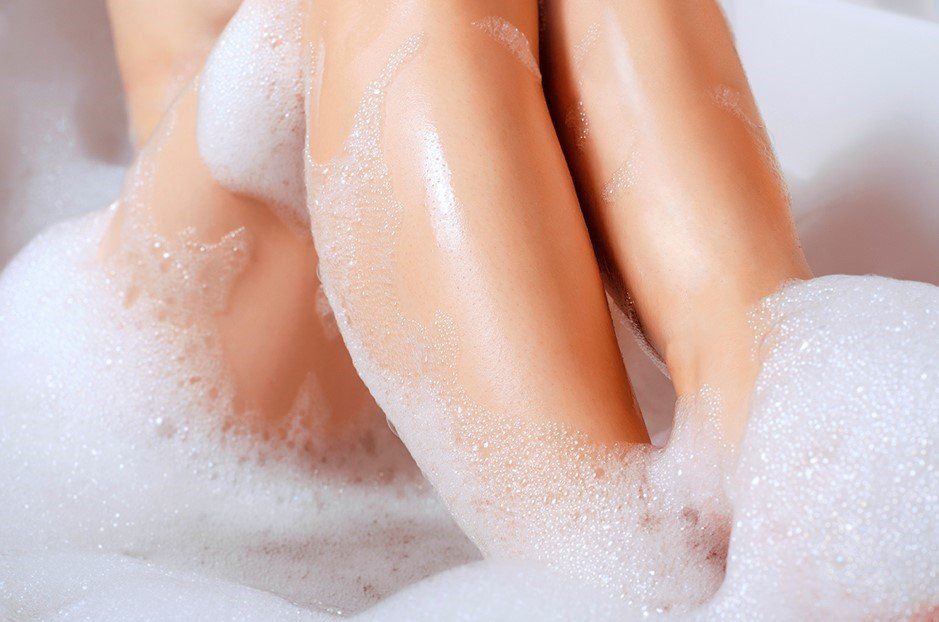Is Your Skin's Barrier Damaged?
The skin is the largest organ of the body. Its barrier is the top layer of the skin (stratum corneum which consists of several layers of defenses.) It is made up of corneocytes and skin lipids which has protective functions against harmful microorganisms, it protects the internal organs, prevents water loss through the skin and generally when functioning properly it keeps your skin healthy and hydrated. However, unfortunately through improper skin practices and even some internal skin changes, the barrier of the skin becomes compromised. This article will go on to discuss the causes and signs of a damaged skin barrier and the remedies to alleviate this condition.
CAUSES OF BARRIER DISORDERED SKIN
Your skin’s barrier can be compromised by many different factors such as:
- Over stripping of the skin’s lipids due to use of harsh products and over exfoliation. This is probably the number one cause.
- Genetics- some people are born with dry skin due to lack of sebum (oil) production. This can also lead to a tendency to redness and inflammation in the skin.
- Poor nutrition- A fat free diet and one that does not include omega 3 and 6 specifically will result in a lack of skin lipids which forms your first barrier of defense (your acid mantle). This causes dehydration in the skin due to water loss through the epidermis (upper layers of skin). Omega 3 helps in controlling cellular inflammation, therefore a lack of this will increase inflammation in the skin leading to vascular disorders and redness.
- Weight gain, cellulite and poor digestive systems impedes the absorption of omegas 3 and 6 therefore leading to the aforementioned conditions.
- Menopause/Age- Menopause lessens the hormones required for fluid balance. This is why persons experiencing this condition usually have dry/dehydrated skin as there is less fluid flowing from the dermis (lower layers of skin) to the epidermis.
- Aging cells- as you grow older your cells begin to age naturally. As the sebocytes (cells that produce sebum) ages, less oil will be produced on the skin therefore leading to dry/dehydrated skin and possibly inflammation.
- Lack of/ poor fluid intake- a lack of hydrating fluids such as water will reduce the fluid necessary for cells to function properly and the distribution of water in the dermal layers. This will affect the barrier formation of the skin—the acid mantle.
- Environment- being in a dry natural or artificial climate such as winter or in air condition reduces the level of water content in the air and thus causes the skin to become dry and too much sun exposure can damage the skin.
SIGNS OF A COMPROMISED BARRIER
Now that you are aware of the factors that causes it, we can now discuss its symptoms:
- Lipid dry- your skin may have a lack of oil production and may feel tight to the touch and dehydrated due to fast evaporation of water through the skin (trans epidermal water loss—TEWL) as there is not enough oil to trap the water content in the skin to keep it hydrated.
- Redness and inflammation—as there is no protective barrier for your skin in the form of the acid mantle which is made up of skin lipids and protects against microorganisms due to its acidic pH, your skin’s immune system becomes activated resulting in inflammation and redness.
- Bacterial, viral or fungal infections due to lack of/ or poor acid mantle.
- Acne because of inflammation in the skin
- Flaky skin- due to the lack of oil, the skin may become flaky as there are not enough lipid and water content to hold the corneocytes (skin cells that form the top layer of skin) together.
- Itchy skin
- Scarring- due to the skin not being hydrated and having its essential lipid content, the cells do not function properly leading to poor wound healing and therefore scarring and pigmentation of the skin.
- Overly sensitized/reactive skin that gets a burning or stinging sensation easily when product is applied and becomes red and inflamed due to lack of protective barrier and the skin’s innate immune system becoming easily activated.
REMEDIES
Thankfully, a compromised barrier is only temporary and can be easily healed. A simple skin care regimen is all that is needed. Of course, starting with a proper cleanser that will not strip your skin’s essential lipids is the foundation. Having a proper moisturizer with hydrating and healing ingredients is obvious. Slowly introducing gentle exfoliation back into your skin care routine when your skin has healed is also important. You do not want to be using harsh exfoliants or be over exfoliating in this phase. Lastly, you know it...sunscreen is always a must in EVERY skin care routine to protect against the harmful effects of UVR. So, if you identify with any of these conditions and would like to receive help in improving the health of your skin, booking a skin consultation is important in creating a customized treatment plan that will work for you!


